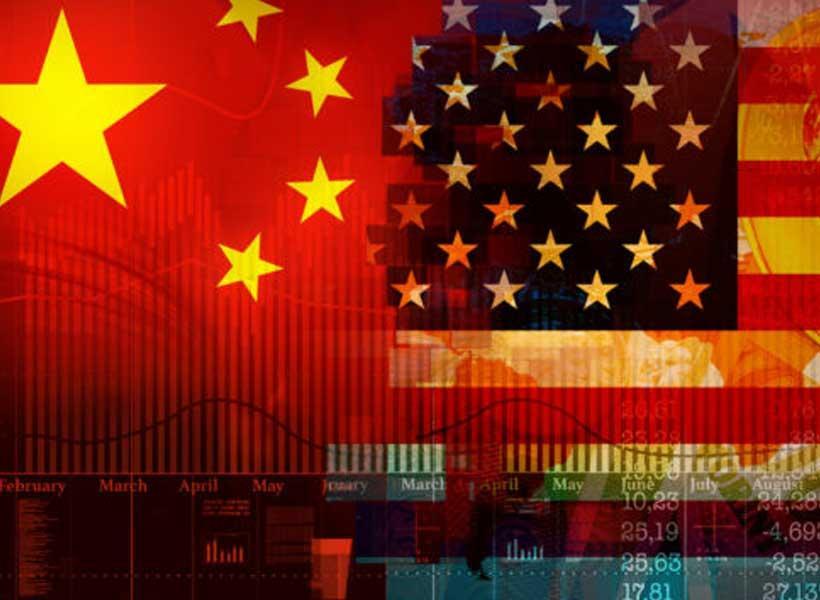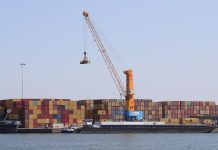Sana Khan
Africa-Press – Mauritius. The United States and China on Tuesday launched a new round of retaliatory measures by imposing mutual port fees on each other’s shipping firms, escalating tensions in an already fragile global trade environment. Beijing confirmed it had begun collecting the new charges on U.S.-owned, operated, built, or flagged vessels, while exempting Chinese-built ships and those entering shipyards for repairs.
The move mirrors Washington’s plan, announced earlier this year, to levy additional fees on Chinese-linked ships to reduce China’s dominance in global shipbuilding and logistics. The U.S. fees set to take effect on October 14 follow a Biden-era investigation that concluded China uses unfair practices to control the maritime industry.
According to analysts, China’s state-owned shipping giant COSCO could bear nearly half of the estimated $3.2 billion impact from these new fees by 2026.
Why It Matters
The port fee confrontation transforms the world’s busiest maritime trade routes into a new battleground, further destabilizing global supply chains that carry goods from crude oil to consumer electronics. The escalation adds pressure to already volatile freight costs and raises concerns about inflation and shipping disruptions ahead of the global holiday season.
Industry experts warn the measures could “distort global freight flows”, while highlighting the growing weaponization of trade and environmental policy. The dispute also coincides with Washington’s threats of 100% tariffs on Chinese goods and Beijing’s curbs on rare earth exports, underscoring how maritime and environmental issues are now intertwined with strategic rivalry.
The primary players include the U.S. and Chinese governments, which are using port fees as leverage in their broader economic confrontation. Shipping companies such as COSCO, along with U.S.-linked crude and container carriers, face higher operational costs and rerouting risks. The International Maritime Organization (IMO) also figures in the standoff, as Washington has warned of sanctions for countries supporting the IMO’s climate plan one backed by Beijing.
Global exporters, importers, and logistics firms stand to face ripple effects through delayed shipments and costlier cargo handling.
What’s Next
Both nations are expected to monitor the short-term economic fallout as the new port fees take effect this week. Analysts anticipate rising tensions at the IMO meeting, where U.S. officials may push back against China’s influence on shipping policy. The next phase could see expanded sanctions or export controls if the situation deepens into another full-scale trade confrontation.
For now, the world’s maritime lanes long considered neutral territory have become a frontline of economic statecraft, with markets bracing for further volatility in global trade flows.
moderndiplomacy
For More News And Analysis About Mauritius Follow Africa-Press







